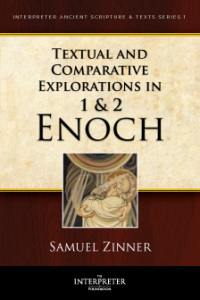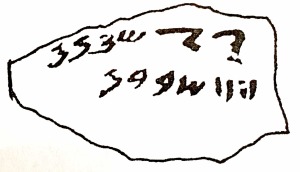Podcast: Download (5.0MB)
Subscribe: RSS
From the book: Of Faith and Reason: 80 Evidences Supporting the Prophet Joseph Smith
by Michael R. Ash
Despite the high quality of Nephi’s bow, it broke during one leg of their journey. To make matters worse, his brother’s bows “lost their springs” around the same time. After their bows failed, Nephi found wood to construct new bows. Eugene England writes, “Around Jiddah grows the pomegranate tree, excellent for bowmaking”. Not only did Nephi make bows, but he also made new arrows. As Near Eastern specialist Dr. William Hamblin points out, his new wooden bow would need longer, lighter arrows than his long-range bow”. It’s nothing less than amazing that Joseph Smith got so many things right –things that go unnoticed but end up accurately reflecting an ancient world setting, just as the Book of Mormon claims.
Michael R. Ash is the author of: Of Faith and Reason: 80 Evidences Supporting The Prophet Joseph Smith. He is the owner and operator of MormonFortress.com and is on the management team for FairMormon. He has been published in Sunstone, Dialogue: A Journal of Mormon Thought, the Maxwell Institute’s FARMS Review, and is the author of Shaken Faith Syndrome: Strengthening One’s Testimony in the Face of Criticism and Doubt. He and his wife live in Ogden, Utah, and have three daughters.
Julianne Dehlin Hatton is a broadcast journalist living in Louisville, Kentucky. She has worked as a News Director at an NPR affiliate, Radio and Television Host, and Airborne Traffic Reporter. She graduated with an MSSc from the Maxwell School of Citizenship and Public Affairs at Syracuse University in 2008. Julianne and her husband Thomas are the parents of four children.
Music for Faith and Reason is provided by Arthur Hatton.


 Title: A Refuge from the Storm: The Priesthood, the Family, the Church
Title: A Refuge from the Storm: The Priesthood, the Family, the Church


